
Eduard Batlle, molecular biologist: ‘Tumor cells are high-speed evolution machines’
The scientist is a recipient of Catalonia’s National Research Award who studies colon cancer metastasis

The scientist is a recipient of Catalonia’s National Research Award who studies colon cancer metastasis

The doctor points out that 80% of children with cancer are cured, but many have to live with the consequences

The retired university professor has reissued a book in which she attacks the notion of this life stage as an illness and dismantles stigmas and taboos

EU funds research on RASopathies, rare genetic disorders affecting neurodevelopment
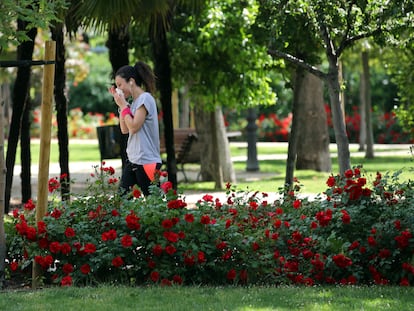
Two studies show that certain memory B cells make antibodies that can trigger the body’s reaction to allergens
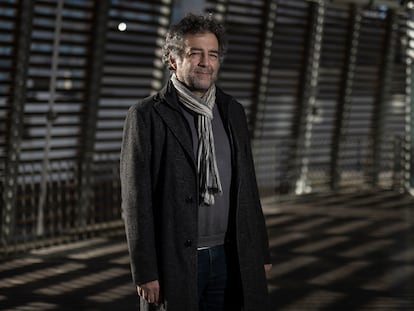
The scientist who discovered the ‘Jennifer Aniston neuron’ warns that artificial intelligence ‘is very far from approaching’ human intelligence, but it is not impossible
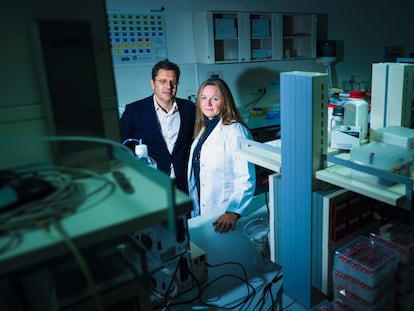
Post-mortem molecular analysis can reveal hereditary cardiac pathologies that explain a sudden death without apparent cause and help prevent others
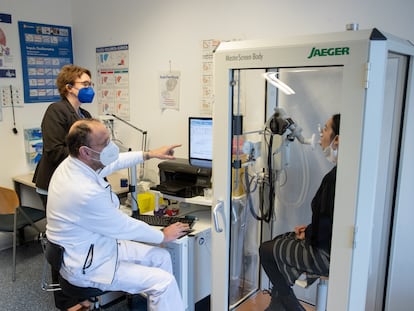
New research indicates that people with this condition have a dysregulated complement system. The discovery opens the door to drug development and diagnostic tests

The first partial heart transplant on a newborn with severe vascular dysfunction proves successful: the organ works, and the implanted valves and vessels have developed along with the child

A mismatch between the time of meals and the human body’s biological clock increases the risk of diseases because many organs function on a schedule

The consolidation of other immunotherapies and the rise of messenger RNA platforms have boosted scientists’ optimism. However, they point out that there won’t be a universal vaccine for cancer, but rather many highly-personalized ones
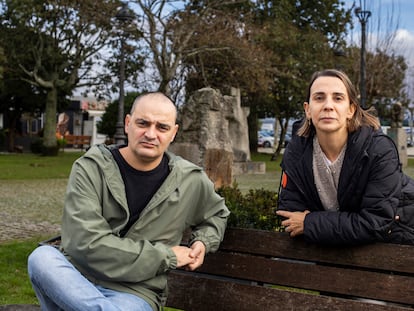
Spanish researchers discover an individual genetic variant that explains why a hereditary heart disease manifests very differently in two siblings
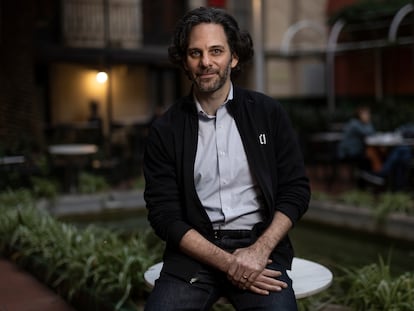
The doctor and researcher at Memorial Sloan Kettering Hospital in New York believes that cancer vaccines, which are still under investigation, will begin to be used in the early stages of the disease, to try to prevent relapse

A study has classified newborn cries based on acoustic, neurophysiological, facial expression and body movement data. This research opens the door to using an infant’s crying as a biomarker of health
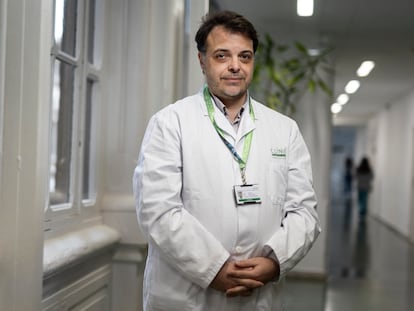
The doctor at the Hospital Clínic de Barcelona warns that this substance, used in ‘chemsex’, can cause very serious neuropsychiatric alterations in a very short time

Antibiotic resistance is on the rise, prompting scientists to emphasize prevention and responsible medication use

The researcher is CEO of the Human Immunome Project, which aims to decode the complex biological network that defends the organism from foreign threats
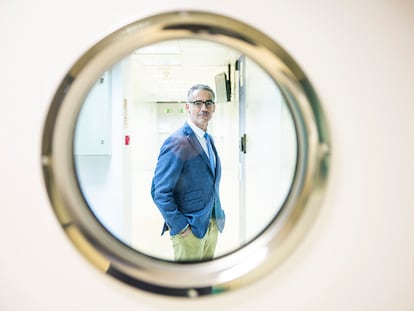
The researcher talks to EL PAÍS about the rise of antibiotic-resistant bacteria, what can be done to address the issue and why it’s been 30 years since a new family of antibiotics was last discovered

Experts warn that – beyond certain cases of nutritional deficiencies – multivitamin supplements are ineffective at preventing disease. In fact, they may even pose risks to one’s health if ingested without supervision

A new study suggests that prenatal language stimulation through the mother’s voice produces changes in neuronal activity that contribute to the development of linguistic skills

Research with animal models suggests that trans-vaccenic acid has the potential to optimize the impact of immunotherapy in oncology. Experts, however, recommend caution

New research that goes beyond clinical trials proves that programs promoting healthy habits achieve highly-favorable cardiometabolic indicators in people with prediabetes

Experts explain that the danger is low but call for doctors to avoid abusing the technique and to adjust the doses insofar as possible
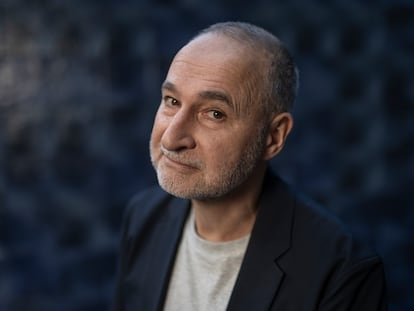
In a conversation with EL PAÍS, the Dutch specialist questions the foundations of modern psychiatry. He warns that ‘the social and existential climate in which young people live does something to their minds that causes them to feel bad’
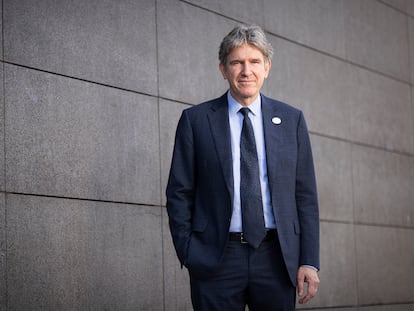
The scientist at Memorial Sloan Kettering Cancer Center in New York says that this technique has meant ‘a total change’ many patients’ prognosis
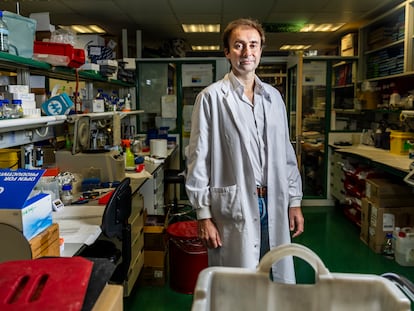
The doctor, a scientist at Spain’s National Oncological Research Center, has just launched a spin-off on personalized oncology nutrition to help optimize the results of therapies and reduce toxicities

Research suggests that this chronic disease increases the likelihood of developing an ovarian tumor by up to three times